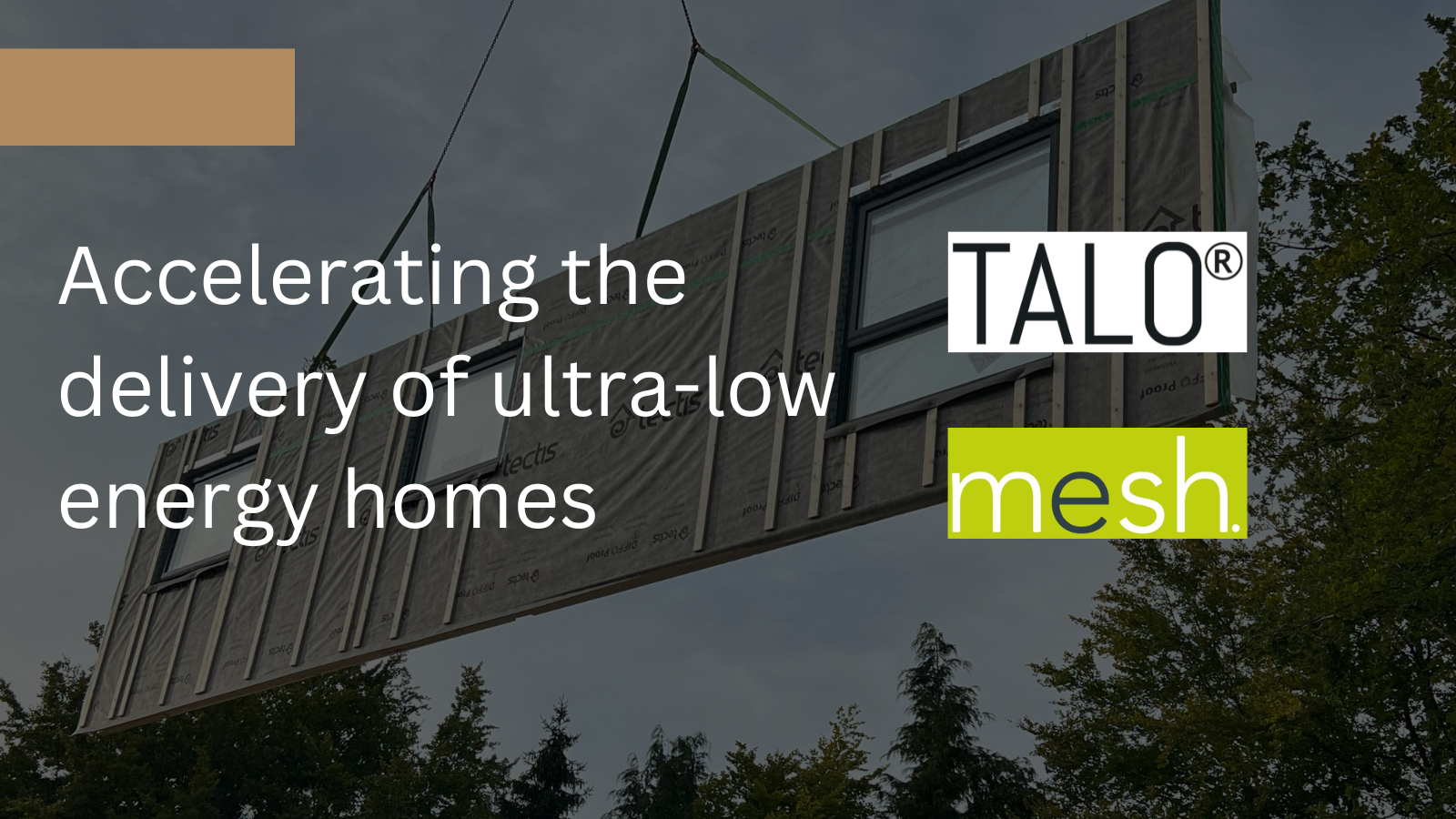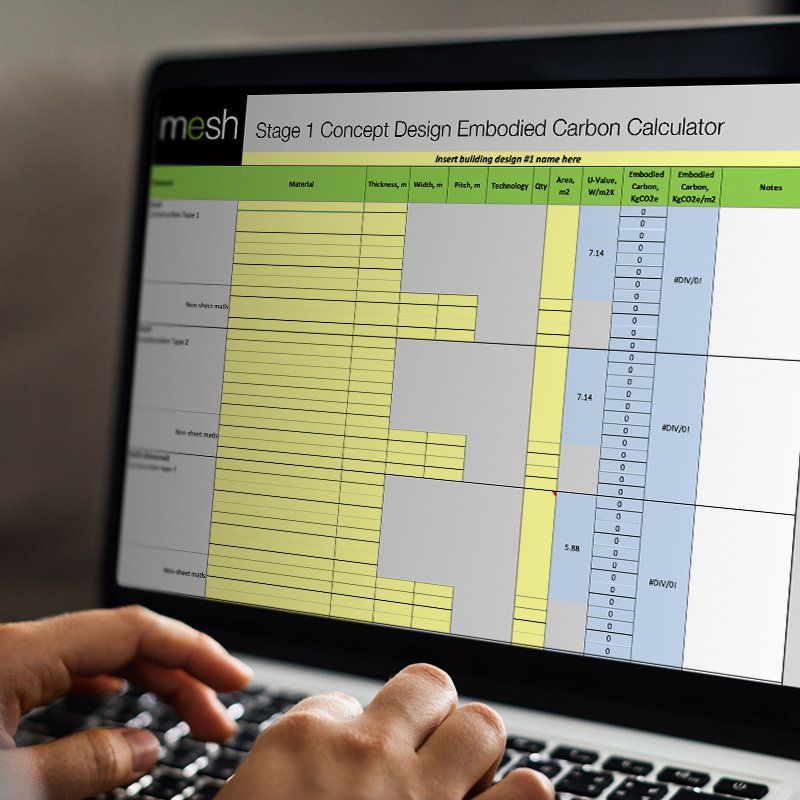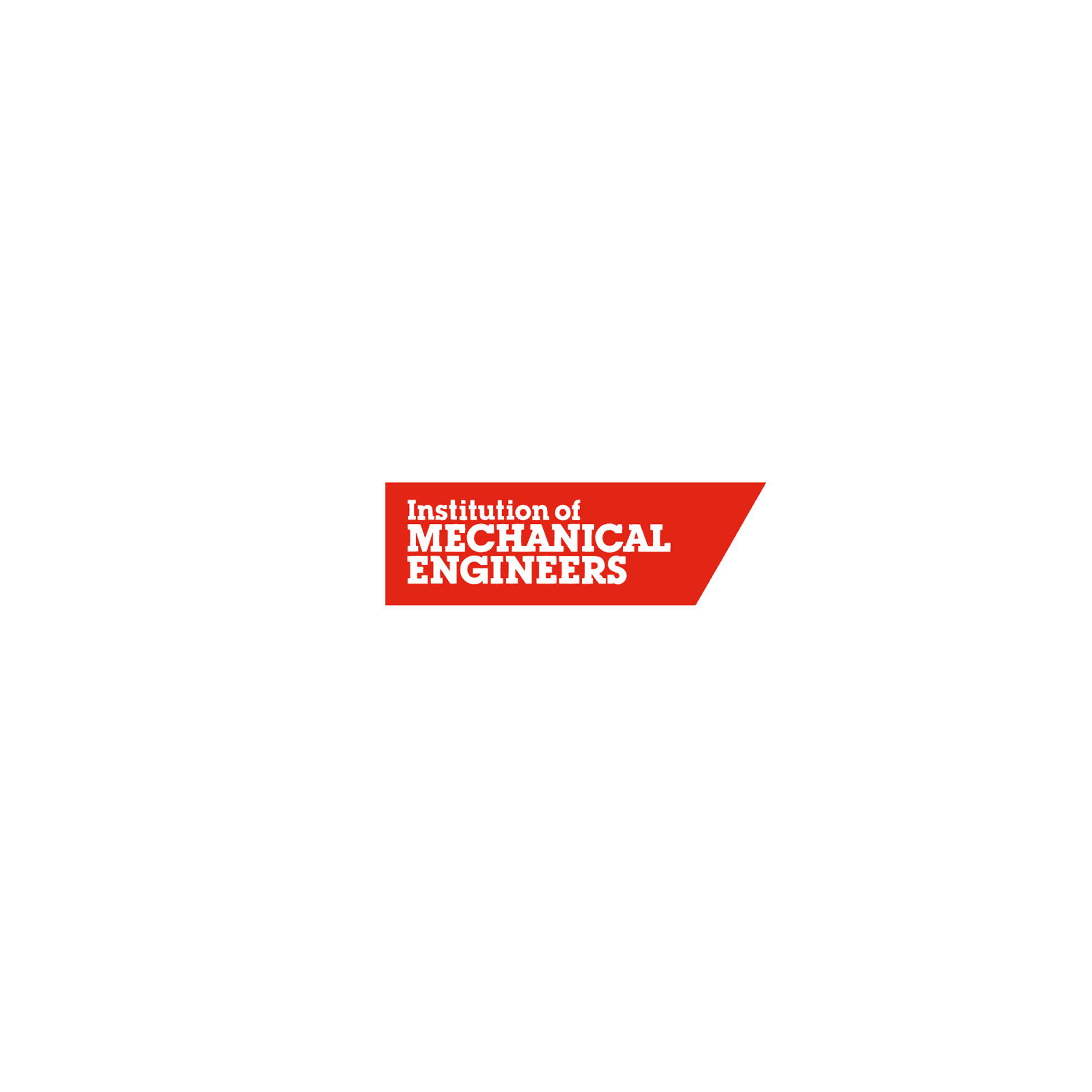Contact Us | Call: 01420 481573 | Email: info@mesh-energy.com
RIBA Plan of Work
Stage 0-3 Support
The opportunity to make key sustainable and beneficial decisions at the early stages of concept design are often overlooked. Mesh recommends that this is where you and your client should start the conversation.
Clients often hold off spending money on consultancy fees until after planning. The problem with this is that as the design phases progress, options and design choices reduce and costs increase rapidly. At worst, lack of sustainable design considerations before going for planning permission can lead to a resubmission or, indeed, fundamental building design elements that are not compatible to reach the desired energy efficiency goals of the client.
Mesh can help you and your client to navigate this early-stage design. We help to keep costs under control, whilst also giving appropriate design analysis and consideration before submitting the building for approval.
For the most successful low-energy and progressive projects, we find the following services offer benefits to both the homeowner and wider design team:
Initial overheating analysis
gives peace of mind that the building design is within comfortable limits and is thermally stable year round. Any issues can be flagged and the design modified appropriately without compromising the aesthetics.
Building fabric optimisation
allows you to intelligently spend the project budget precisely where it will have the biggest impact on energy bill savings and thermal comfort. Ideal if you have a fixed budget for insulation work or an optimal design point you are trying to uncover.
Renewable energy feasibility
enables you to holistically review renewable technology options for the building, understand capital and running costs, available government subsidies and the best way to proceed. The optimised whole-site strategy will give your design team clarity for moving the project into the next stage.
Embodied Carbon Analysis
can be supported at the very earliest stages of your project for even concept designs to better inform design evolution. Be sure you’re on the right track and designing progressive and beautiful, lower carbon buildings with confidence.
By taking a measured approach at this early stage, we take the guesswork out of low-energy building design.
Embodied Carbon Calculator
Our FREE Embodied Carbon Calculator gives a valuable insight at the very early stages of the design process allowing you to discover how the embodied carbon of your designs is affected by material choice and also how your building compares to the RIBA 2030 targets.
At whichever stage of your project you are, drop us a line and we will be glad to support you
Relevant Articles

RIGHT FIRST TIME BOOK
Order your copy today
DOWNLOAD THE HEAT PUMP HERO APP
Calculate your savings and source accredited installers today
Address: Cambridge House, 8 East Street, Farnham, England, GU9 7RX |
Tel: 01420 481573 |
Email: info@mesh-energy.com
Company No. 09524252 •
Privacy Policy













